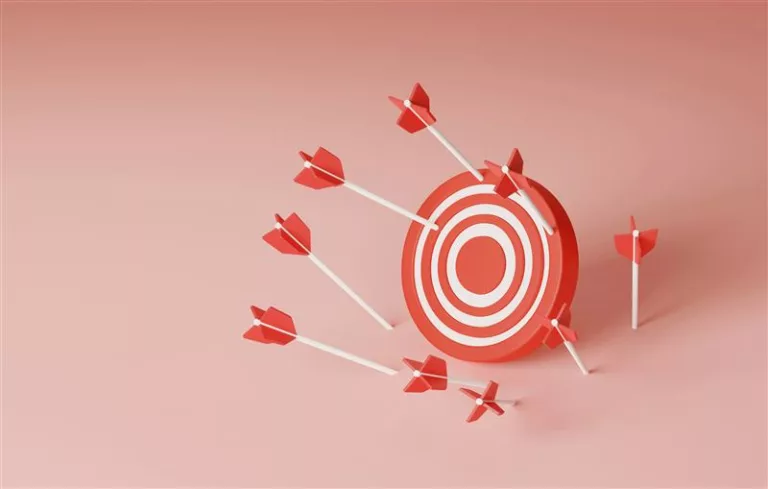Whether you need a quick pick-me-up during a busy day or are looking to improve your overall cognitive function, incorporating naps into your routine can make a significant positive change to your life. Napping is a powerful way to recharge — for boosting energy, improving focus, and supporting mental well-being. Discover how long a nap should be because regular naps can lead to increased productivity, better mood regulation, and even overall health improvements.
For more ways to support your mental and physical health, browse our homepage to find educational blogs, providers and locations, and so much more: PsychPlus. We’re dedicated to helping you achieve overall wellness.
Now, let’s get on with this blog: Napping Basics
Benefits of Napping
A good nap can do wonders for your mind and body! Not only does it help lift your mood and boost mental clarity, but it is known to melt away stress and even sharpen your memory. A quick nap is like hitting the reset button, allowing you to tackle the rest of your day with more energy and focus. For those struggling with anxiety or depression, a well-timed nap can offer a soothing escape, helping you feel more relaxed and in control.
If you’re struggling with mental health challenges such as anxiety or depression, napping can be an effective, easy, and free step to add to your self-care routine. Naps can calm your mind, restore your energy, and improve your day-to-day resilience.
For those who are struggling with a mental health condition, visit the What We Treat Page to find resources for anxiety, depression, and more.
How Long Should a Nap Be?
The ideal nap length depends on what you’re trying to achieve. Here’s a quick breakdown:
- Power Naps (10-20 minutes): Perfect for a quick recharge. These short naps help you stay more alert throughout the day and improve focus without leaving you feeling groggy.
- 30-Minute Naps: This duration offers a deeper rest but might leave you feeling a bit disoriented upon waking up. A 30-minute nap might not promote productivity but can still be beneficial if you’re feeling worn out and your body needs more sleep.
- 60-Minute Naps: Great for improving memory and processing skills. A 60-minute nap helps with cognitive function but may result in some grogginess due to entering deeper sleep stages.
- 90-Minute Naps: The full sleep cycle. This nap length is ideal if you’re looking for a more restorative rest, as it allows your body to complete a full sleep cycle without the risk of grogginess.
Tip:
To prevent disrupting your nighttime sleep, try to nap earlier in the afternoon. If you need a quick energy boost during the day, aim for a power nap. For stress relief and more cognitive benefits, go for a 60–90-minute nap when you have the time.
Best Time to Nap
Timing is everything when it comes to napping. The most effective window for a nap is usually between 1 PM and 3 PM, when your energy levels naturally dip, and your body craves a break… or that second coffee. Napping during this time helps you recharge without interfering with your nighttime sleep. Napping too late in the day—especially after 4 PM—can make it harder to fall asleep at bedtime.
Your best napping habits may also vary depending on your lifestyle. For those with an early morning or physically demanding schedule, a quick midday nap can be a lifesaver. If you’re dealing with stress or mental health challenges, longer naps might offer the restorative rest your body and mind need.
Power Nap Benefits
These short naps can give you the mental clarity and energy you need to power through the rest of your day. A 10–20-minute nap can significantly improve cognitive function, reduce fatigue, and brighten your mood — all without the grogginess that often follows a longer nap. Opting for a quick power nap over that midday coffee is a game-changer when it comes to boosting productivity and sharpening your mind.
Tips for the Perfect Power Nap:
- Set the Scene: Find a quiet, dark space with minimal distractions.
- Comfort is Key: Use a pillow or recline in a comfortable chair to relax your body.
- Keep It Short: Set an alarm for 20 minutes max to avoid falling into deeper sleep stages.
- Midday Timing: Nap between 1 PM and 3 PM for the best results, as this aligns with your body’s natural energy pattern.
Tips for Taking the Perfect Nap
To make the most of your nap, be sure to set the scene. Here’s how to create the perfect naptime environment:
- Control Lighting: Make your nap space as dark as possible. Use blackout curtains or a sleeping mask to block out the light, which helps signal to your body that it’s time to rest.
- Manage Noise Levels: Find a quiet space. I can be helpful to use white noise machines or earplugs to block out distracting sounds. A peaceful environment is essential to relaxation and effective rest.
- Get Comfortable: Use a soft pillow or blanket if you have access to them. If you’re not at home, find a couch or comfortable chair to get situated.
Additional Tips:
- Body Positioning: Lie down or recline comfortably to help your body transition into a restful state.
- Avoid Distractions: Turn off electronic devices or put them on “Do Not Disturb” to avoid interruptions.
- Right Duration: Aim for 10-20 minutes if you need a quick boost, or up to 60 minutes if you’re looking for a deeper rest.
For more tips on improving your mental health and lifestyle, head over to our Blog Page for more helpful articles!
If you enjoyed this blog and would like to learn more about sleep hygiene and overall mental health, check out our blog on The Connection Between Sleep and Mental Health.
Conclusion
Napping can be a game-changing addition to your daily routine for reaching your potential. By understanding the benefits and basics of napping, you can enhance your productivity and mental clarity. Implement these healthy napping habits and notice a positive change in your ability to manage stress and overall mental health.
If you find that sleep issues or mental health concerns are impacting your life, seeking professional support might be the best next step.
Click here to Book an Appointment with one of the 200+ qualified mental health providers in the PsychPlus Family.
Click here for information regarding: Referrals
And finally, visit the Insurance Page to see if we work with your insurance provider — we accept most plans, so chances are, we do!





